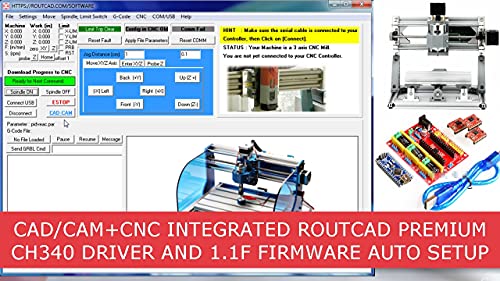Naiveambition
Well-Known Member
- Joined
- May 15, 2012
- Messages
- 369
- Reaction score
- 95
The project I'm working on requires two holes in hardened steel. May possibly be stainless but not sure. I don't have the option to anneal and reharden for multiple reasons so, I am looking into alternatives. When I first looked into this the drill bits were extremely exspensive ( 300$)for one  Like that's gonna happen
Like that's gonna happen
The tapped hole is 6/32 if I can remember correctly and drilled hole is .125
I've ran across some YouTube videos that mention a sharpened masonry bit which is fine for the drilled hole, but for the tapped hole it will be important to have it sized for tapping, as most are standard sizes not related to tapping. I have a small area of flexibility I suppose on tapping a little larger hole.
Any suggestions
The tapped hole is 6/32 if I can remember correctly and drilled hole is .125
I've ran across some YouTube videos that mention a sharpened masonry bit which is fine for the drilled hole, but for the tapped hole it will be important to have it sized for tapping, as most are standard sizes not related to tapping. I have a small area of flexibility I suppose on tapping a little larger hole.
Any suggestions
































































